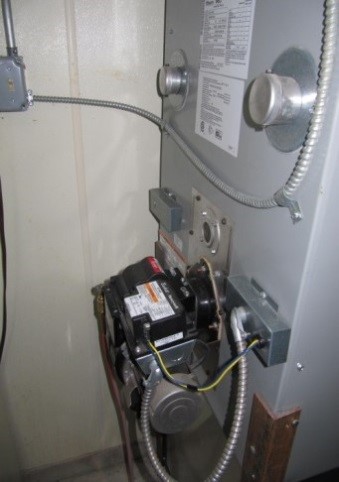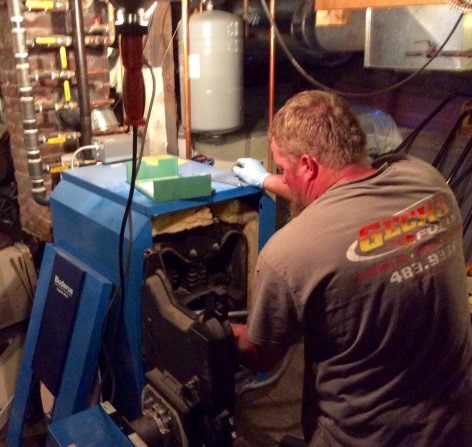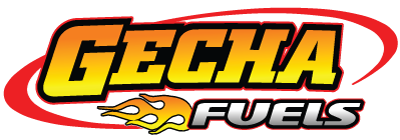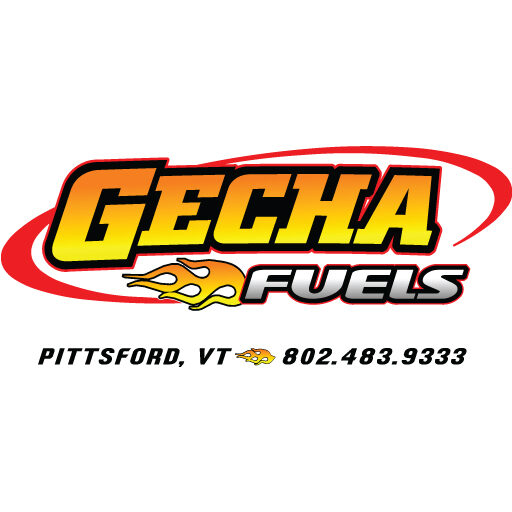Boiler and Furnace Maintenance Programs
You should have your heating system inspected and cleaned once per year. This annual tune-up will ensure the safety of your home and family while improving the efficiency of your system.
Preventative maintenance for your heating system is essential to ensure your heating system will perform at its peak for the heating season and could prevent costly after hours call outs for service or worse – a failure resulting in no heat!
Properly maintained heating systems works more efficiently which will save fuel, last longer and most importantly, operate safely within its operating guidelines. The easiest and most cost effective way to maintain your heating system is to have it tuned up and cleaned on an annual basis. Our goal is to prevent little issues from becoming huge headaches.
An annual tune up can more than pay for itself in fuel consumption alone.
The cost for an annual tune on an oil boiler or warm air furnace is approximately $135
The cost for an annual tune up on an oil fired hot water heater is $65
To schedule an annual tune, please give our office a call. Our service technician will arrive at your home with our fully stocked service vehicle at the scheduled time. They will fully inspect your heating system from your oil tank to the smoke pipe and thoroughly clean the burner of your heating system.
Have you had your anode rod replaced in your hot water heater?
Call today to find out how your anode rod keeps your drinking water clean and free of iron and other minerals as well as protects your plumbing fixtures from failure.

Benefits of an Annual Furnace or Boiler Tune-Up
What is included and what happens during an annual tune-up?
We get this question a lot so we thought it was worth putting it here. Primarily, a tune-up returns the system to its peak efficiency. Over an entire heating season, fuel filters, nozzles and other parts we routinely clean and/or replace as part of the service, can become dirty or clogged. This can cost you more in lost efficiency – meaning more cost and less heat for your money.
Here’s what we do to keep your heating system running at its peak performace:
- Remove the existing oil filter cartridge, clean the oil filter bowl and install a new filter cartridge and gasket.
- Inspect the fuel tank, gauges and fill and vent pipes. Inspect the fuel line and valves from the filter assembly to the burner unit.
- Replace the pump strainer and gasket. Insure proper oil flow from the tank to the burner and verify the pump pressure. Check the burner fan assembly, clean and adjust if needed. Inspect the coupling and replace if necessary.
- Remove the nozzle assembly. Verify the nozzle assembly is working properly and that the correct nozzle size and configuration with respect to the manufactures recommendation is installed. Install a new nozzle.
- Check the ignition system by verifying the electrode spacing and examining the porcelains for cracks. Check cables and wire connections to insure proper contact. Check for transformer for cracks and remove any oil buildup that could cause the circuit to ground out.
- Examine the combustion chamber for cracks or irregularities which may cause health concerns or affect the performance of your heating system.
- Completely brush and vacuum the heat exchanger and smoke pipe. Reassemble the smoke pipe and check for safety issues. Make owner aware of any visible chimney issues that they may need to address.
- Check CAD cells and relays for proper operation, clean as necessary. Test the relays as needed for safety issues. Examine draft controls for proper operation. Examine any power venter components for buildup and lube as required.
- For hot water systems: Check all the pressure gauges to insure the proper system pressure and that the water feeder is working properly. Verify proper pressure at the expansion tank and check that all aquastats are set and reading correctly. Examine all piping and circulators for any leaks or problems. Verify all electrical equipment and thermo couplings are working properly.
- For warm air systems: Check the heat exchanger for any cracks or holes. Remove and replace the air filter. Check the blower motor for proper operation, clean and lube as needed. Check blower motor belt, replace or tighten if needed.
- For Steam systems: Inspect the gauges to verify proper operation, verify low water cut off is working properly. Verify that the pressure control is working properly.
- Verify that everything has been reassembled correctly, prime the oil system of any air in the oil lines, fire the unit and insure that everything is working correctly. Perform a complete combustion analysis and efficiency test procedure using a digital computer combustion analyzer. Leave a copy of the combustion report for the owner and file one at our office for your future reference.
- Lastly, we clean our work area and wipe down the heating system. We take pride in our work appearance and value our customer’s satisfaction.
Any additional parts or components that are replaced due to safety issues are not included in the base price and will be billed on a time and material basis.
Any additional concerns or work that may be necessary to bring your system up to peak performance will be brought to the owner’s attention and can be scheduled for a follow up service if needed.


